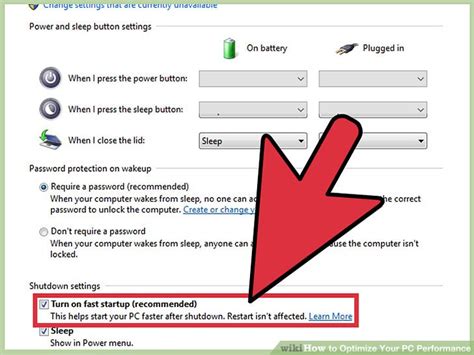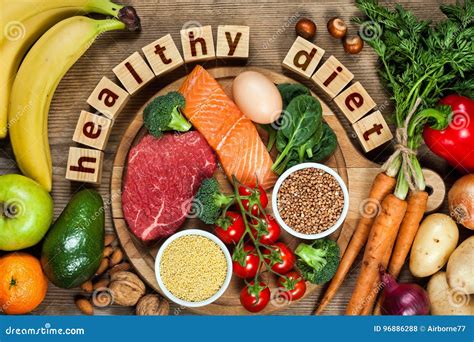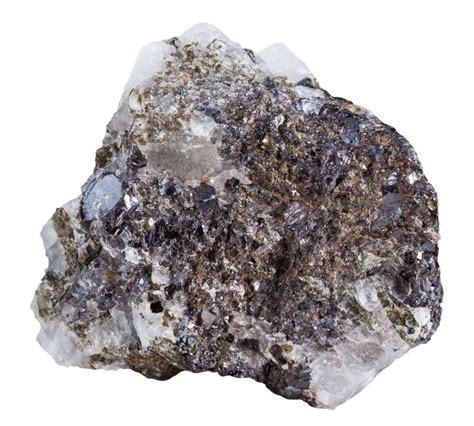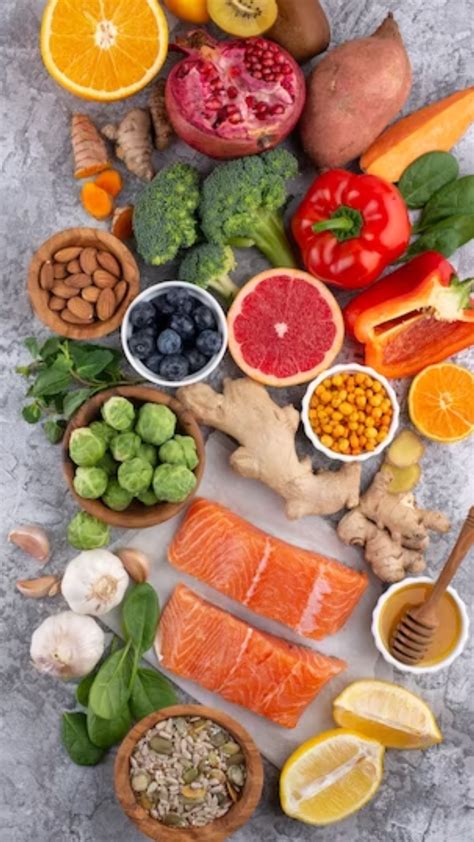Optimize testosterone: What specific training & diet boosts male vitality?

Testosterone, often hailed as the cornerstone of male vitality, influences everything from muscle mass and bone density to mood, energy levels, and libido. While its levels naturally decline with age, specific training and dietary interventions can significantly optimize production, leading to improved physical and mental well-being. This article delves into the precise strategies that can help men naturally boost their testosterone and reclaim their peak vitality.
The Power of Specific Training
When it comes to exercise, not all workouts are created equal for testosterone optimization. The key lies in stimulating a hormonal response that signals your body to produce more.
Resistance Training: Your Primary Weapon
Heavy, compound movements are paramount. Exercises that engage multiple muscle groups simultaneously lead to a greater anabolic response. Focus on:
- Compound Lifts: Squats, deadlifts, bench press, overhead press, and rows. These movements recruit large muscle groups and are highly effective for stimulating testosterone production.
- Heavy Weights: Aim for 70-85% of your one-repetition maximum (1RM), performing 6-12 repetitions per set. This intensity is crucial for signaling muscle growth and hormonal release.
- Progressive Overload: Consistently strive to lift more weight, perform more reps, or increase the time under tension. Your body adapts, and to continue progress, you must challenge it further.
- Shorter Rest Periods: Resting for 60-90 seconds between sets can elevate growth hormone and testosterone levels compared to longer rest intervals.

High-Intensity Interval Training (HIIT)
While often associated with fat loss, HIIT has also shown promise in boosting testosterone. Short bursts of maximal effort followed by brief recovery periods can elevate testosterone and growth hormone more effectively than steady-state cardio. Examples include sprint intervals, burpees, kettlebell swings, or battle rope exercises.
Avoid Overtraining
More isn’t always better. Chronic, intense exercise without adequate recovery can lead to elevated cortisol (a stress hormone) and subsequently suppress testosterone. Listen to your body, schedule rest days, and prioritize sleep.

Nutritional Pillars for Testosterone Optimization
Your diet provides the raw materials your body needs to produce hormones. A well-structured diet is just as critical as your training regimen.
Healthy Fats: Non-Negotiable
Cholesterol is a precursor to testosterone. Fear of dietary fats has led many to inadvertently lower their testosterone. Focus on:
- Monounsaturated Fats: Avocados, olive oil, nuts, seeds.
- Polyunsaturated Fats: Omega-3s from fatty fish (salmon, mackerel), flaxseeds, chia seeds.
- Saturated Fats (in moderation): Red meat, eggs, coconut oil.

Ample Protein Intake
While protein doesn’t directly boost testosterone, it’s essential for muscle repair and growth, which supports a healthy hormone profile. Aim for 1.6-2.2 grams of protein per kilogram of body weight from sources like lean meats, poultry, fish, eggs, dairy, and legumes.
Micronutrient Powerhouses
Several vitamins and minerals play direct roles in testosterone synthesis:
- Vitamin D: Often called the ‘sunshine vitamin,’ it functions as a steroid hormone and is directly linked to testosterone levels. Aim for sensible sun exposure or supplement if deficient.
- Zinc: Crucial for testosterone production and regulation. Found in oysters, red meat, pumpkin seeds, and legumes.
- Magnesium: Plays a role in over 300 enzymatic reactions, including those involved in testosterone synthesis. Rich sources include dark leafy greens, nuts, seeds, and whole grains.

Strategic Carbohydrates
Carbohydrates provide the energy for intense workouts and help prevent muscle breakdown and excessive cortisol release. Prioritize complex carbohydrates like whole grains, fruits, and vegetables over refined sugars.
Foods to Limit or Avoid
Certain foods can negatively impact testosterone:
- Processed Foods & Sugars: Contribute to inflammation and insulin resistance, both detrimental to hormone health.
- Excessive Alcohol: Can impair testicular function and increase the conversion of testosterone to estrogen.
- Trans Fats: Found in many processed snacks, they are highly inflammatory and negatively impact overall health.

Lifestyle Factors Not to Be Overlooked
Beyond training and diet, optimizing your sleep (7-9 hours per night) and managing chronic stress are critical for maintaining healthy testosterone levels. Stress elevates cortisol, which can directly suppress testosterone, while poor sleep disrupts the natural diurnal rhythm of hormone release.
Conclusion
Optimizing testosterone and boosting male vitality is a multifaceted journey. By integrating a regimen of heavy, compound resistance training, strategic HIIT, and a nutrient-dense diet rich in healthy fats, quality protein, and essential micronutrients, men can significantly enhance their natural testosterone production. Combine these with adequate sleep and stress management, and you’ll lay a solid foundation for sustained energy, strength, and overall well-being.









